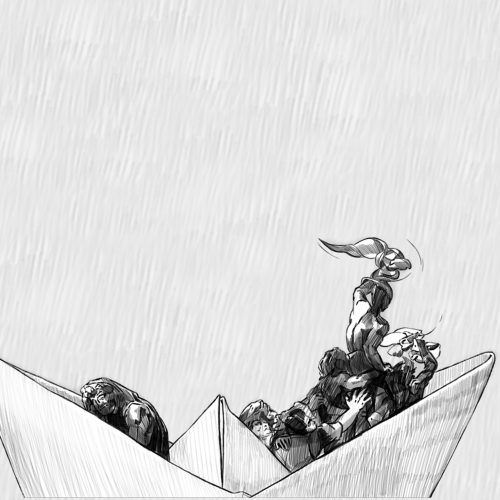Hungarian government shuts down the so-called “transit zone” of Röszke
In Hungary, the government announced that it will shut down the so-called “transit zone” of Röszke, on the border with Serbia, where more than 300 asylum-seekers had been illegally detained. The decision was announced on May 21, after the European Court of Justice (ECJ), the EU’s highest court, ruled that holding people in ‘prison-like’ conditions was illegal.
Four people from Afghanistan and Iran brought the case. They had been held in a camp on the border with Serbia. Serbia refused to take them and Hungary also rejected the asylum applications. The four asylum seekers took the case to the European Court of Justice expounding that their treatment was contrary to the EU rules. Hungary is a member country of the EU, but Serbia is not a member.
The Directive 2013/33 of the European Parliament and of the Council from 2013 on the reception of refugees says: “A common policy on asylum, including a Common European Asylum System, is a constituent part of the European Union’s objective” and “standards for the reception of applicants that will suffice to ensure them a dignified standard of living”. The measures of the Hungarian Prime Minister Viktor Orban have clashed with the EU since the 2015 EU migrant crisis when Orban said migrants “threaten Christian Europe”.


























